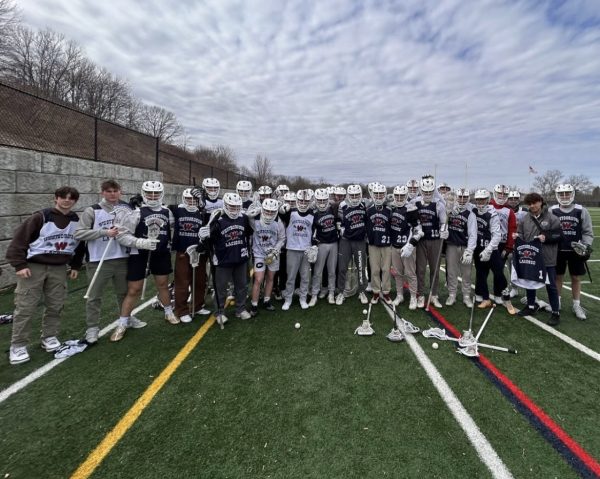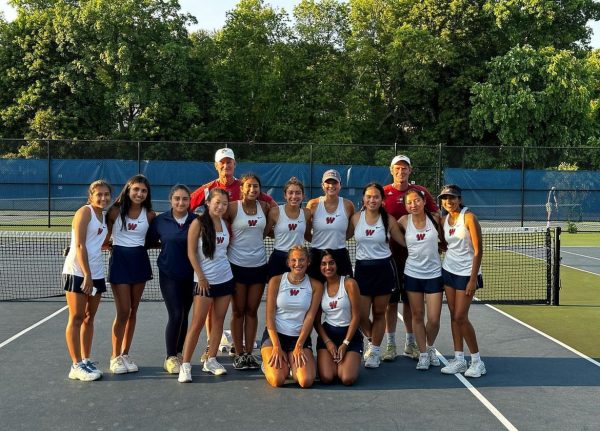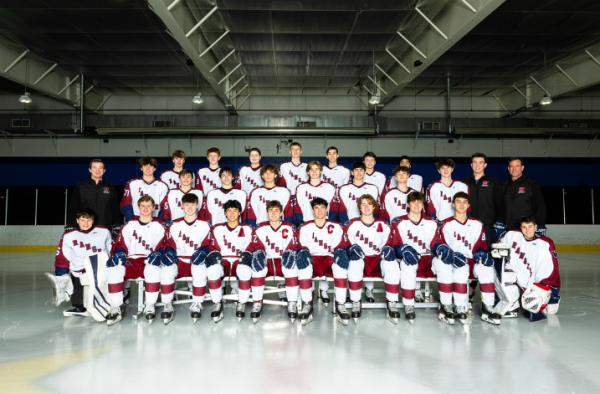Not my NCAA: Why the NCAA is absurd
February 10, 2017
By Quinn Donovan
Growing up in a world where with the push of a button, we gain access to a live feed from an event on the other side of the country, millions of young children dream that one day they will be on the big stage. They dream that they could be the one electrifying a crowd of 20,000+ fans while millions more watch at home.
These are the best cases. The dreams. But for every successful college sports dream, there are countless other failures, including those that were never close, but also those that had their opportunities snatched out from beneath them by the higher being that is the National Collegiate Athletic Association, or NCAA.
Without a doubt, the NCAA has contributed to giving thousands of athletes better lives, and for a select few, a chance of stardom. However, the NCAA thrives off of cashing in on a vulnerable group of broke college kids. For many of these kids, they were given the opportunity to attend a university and get an education for free while also getting to play sports, one of the greatest rewards you could ever imagine. In a world where a single year of college could cost upwards of $60,000, scholarships have become the goal for high school kids as well as young kids just getting started in sports. Many who believe student-athletes should be paid compare the opportunity of a scholarship to NCAA CEO Mark Emmert, who made $1.9M in 2014 alone. Student-athletes from around the nation essentially play their sport for the love of the game while higher executives bank off of them to bring in nearly $1 Billion in annual revenue, none of which goes to the student-athletes. While it is great to see student-athletes playing without the thought of money constantly around them, the constant antics of the NCAA has gotten to a ridiculous level.
In initially choosing a college, student-athletes don’t intend to leave their school for somewhere else, but when major changes occur, the best option may be to get a fresh start at a new school. Coaching changes or not getting what you expected out of a school could often lead someone to the desire to start over somewhere else. However, when an athlete transfers, they are effectively punished for pursuing a better opportunity as the NCAA rules that the athlete must sit out for one year before competing in games for their new team. While the player is allowed to practice and attend home games, they often do not travel with the team to away games. The NCAA essentially discourages athletes from pursuing opportunities by not letting them be a full part of their new team for a whole year.
While the NCAA punishes its athletes for transferring schools, they are completely open to letting coaches move from school to school, leaving devastated players in their wake. It is hard to fault the coaches, because most people would certainly have a difficult time declining a salary increase of millions of dollars. Cashing in on immense buyouts and increased salaries, these coaches leave their kids behind who have already devoted up to three-fourths of their collegiate eligibility to working for them.
Luke Bonner is a former division 1 student-athlete who was a victim of this very situation. While attending the University of Massachusetts, his basketball coach of three years, Travis Ford, suddenly departed to coach at Oklahoma State with a $10 million buyout as well as a salary increase near $1 million. The kids he leaves behind have a difficult time faulting their former coach, knowing what their decision might be if millions of dollars were on the line. As Bonner stated, “He earned it. I probably would have done the same if I were in his position.” He also mentioned sarcastically that “it was exciting to spend my last year of college eligibility getting to know a new coaching staff.”
While some of this is just unlucky, it is truly unfortunate that the NCAA does absolutely nothing to protect its student-athletes. Overall, the NCAA needs to start looking out for the interests of their student-athletes before it’s too late.








